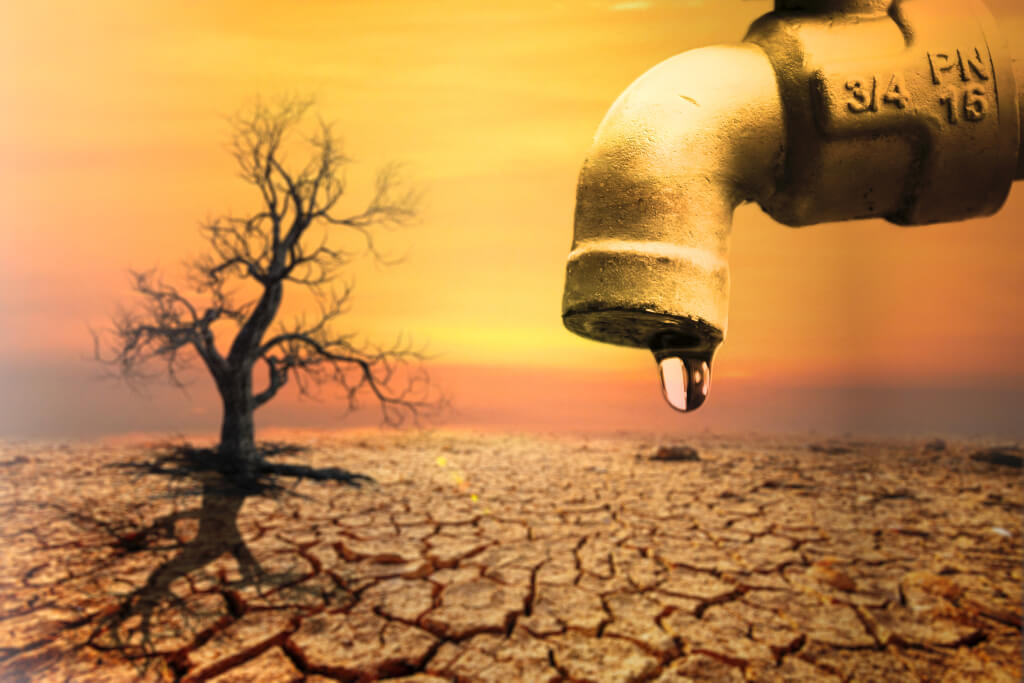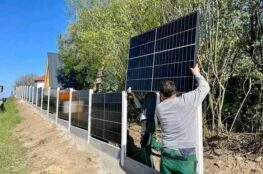The recent cholera outbreak in Hammanskraal, resulting in the terrible deaths of 23 individuals, has brought the issue of water quality in South Africa into sharp focus. As reports from the Department of Water and Sanitation highlight the worsening quality of water supplies across the country, has cast light on a far bigger problem afflicting the country. Despite the discouraging data, there are encouraging signals of new leadership within the department. This article examines the current condition of water quality in South Africa, the factors that have contributed to its decrease, and the solutions that have the potential to reverse the trend.
Emerging Crisis in Water Quality
Hammanskraal’s water was deemed unsafe for human consumption in 2019 by the South African Human Rights Commission. The current cholera outbreak has further added to locals’ worries about the subpar water supply. Hammanskraal, however, is not an outlier. It’s a microcosm of a much bigger problem facing the country.
The Blue Drop, Green Drop, and No Drop Watch Reports are three examples of such reports that offer a mid-term assessment of water treatment, wastewater treatment, and water losses in South Africa. These reports, which have been brought back after a long absence, clarify the gravity of the situation and demand a speedy resolution. They also show how the Department of Water and Sanitation may enter a new era of leadership, with greater emphasis placed on accountability and assistance for local governments.
Problem Analysis and Possible Solutions
The reports show that there are many problems with the water supply in South Africa. According to the Blue Drop Watch Report, just 38% of water treatment systems meet or exceed quality standards for microbiological water. Most treatment plants don’t fulfill the required criteria when it comes to chemicals, so that’s an issue too. An alarming increase in water losses has been documented in the No Drop Watch Report, with an estimated 50% of water currently missing in action, while the Green Drop Watch Report details a decline in municipal wastewater treatment works.
Improving governance, monitoring, reporting, and infrastructure is crucial for meeting these problems. Funding limitations, vandalism, sewage losses, building concerns, and infrastructure deterioration are only some of the challenges that the Department of Water and Sanitation has identified. However, acknowledging these issues is essential for moving forward with solutions.
Water services in South Africa are grappling with a multitude of challenges that have led to a concerning decline in water quality across the country. The Department of Water and Sanitation has identified several key factors that hamper effective water service delivery. These challenges encompass a lack of funding, issues related to vandalism and theft, sewage losses, construction and contractor shortcomings, a lack of cooperation by municipalities, insufficient capacity among enforcement officials, and the ongoing deterioration of infrastructure, processes, and effluent quality. Understanding these specific challenges provides crucial context for comprehending the extent of the water quality crisis in South Africa and underscores the urgent need for action:
- Lack of funding: Limited financial resources hinder the implementation of necessary infrastructure improvements and maintenance.
- Vandalism and theft: Acts of vandalism and theft of water infrastructure exacerbate the already precarious state of water services.
- Sewage losses before reaching treatment works: Leakage and inadequate sewage management contribute to the contamination of water sources and subsequent health risks.
- Construction and contractor issues: Delays, quality shortcomings, and failure to meet objectives by construction contractors impact the timely completion and effectiveness of water projects.
- Lack of cooperation by municipalities: Insufficient collaboration and coordination between municipalities and the Department of Water and Sanitation impede effective water service delivery.
- Lack of capacity among enforcement officials: A shortage of skilled personnel within the department hampers the enforcement of regulations and standards.
- Ongoing deterioration of infrastructure, processes, and effluent quality: Aging infrastructure, inefficient processes, and deteriorating water quality further strain the ability to provide safe and reliable water services.
Progress through Cooperation and Openness
Cooperation between the Department of Water and Sanitation and struggling municipalities is necessary for effective solutions to be implemented. The role of provincial governments in encouraging such collaboration is crucial. However, it is crucial to employ a multi-stakeholder strategy that includes the business world, the academic community, and active people. Better governance and more constructive change can result from a culture of openness to cooperation, innovation, strategic leadership, and honest reporting.
In this setting, openness is of paramount importance. The watch reports are an essential resource for the department and the public, as they foster a culture of accountability and allow for more well-informed policy decisions. South Africa’s water quality problems can be significantly mitigated if the truth is revealed and the evidence is reported.
Improving Our Future by Investing in Water Infrastructure
One of South Africa’s top goals should be strengthening the economy so that it can afford to invest in water infrastructure and services. The quality of healthcare and the ability to avoid sickness is directly correlated with the amount of money invested in water infrastructure. It is crucial to understand the importance of water infrastructure and allocate resources accordingly.
The water crisis in South Africa requires immediate action and coordinated efforts on the part of all parties concerned. Recent findings illustrate the possibility for positive transformation, despite the hurdles. The water quality crisis in South Africa can be solved by encouraging cooperation, openness, and creative approaches. It will be essential to create a sustainable and prosperous future for all by building a stronger economy and allocating money toward water infrastructure.
About The Author:
Tumi Nkosi is a seasoned reporter with a focus on renewable energy and green technologies. With a degree in Environmental Science and years of reporting under her belt, Tumi provides Africa Nova’s readers with in-depth insights into the latest sustainable innovations across the continent.




